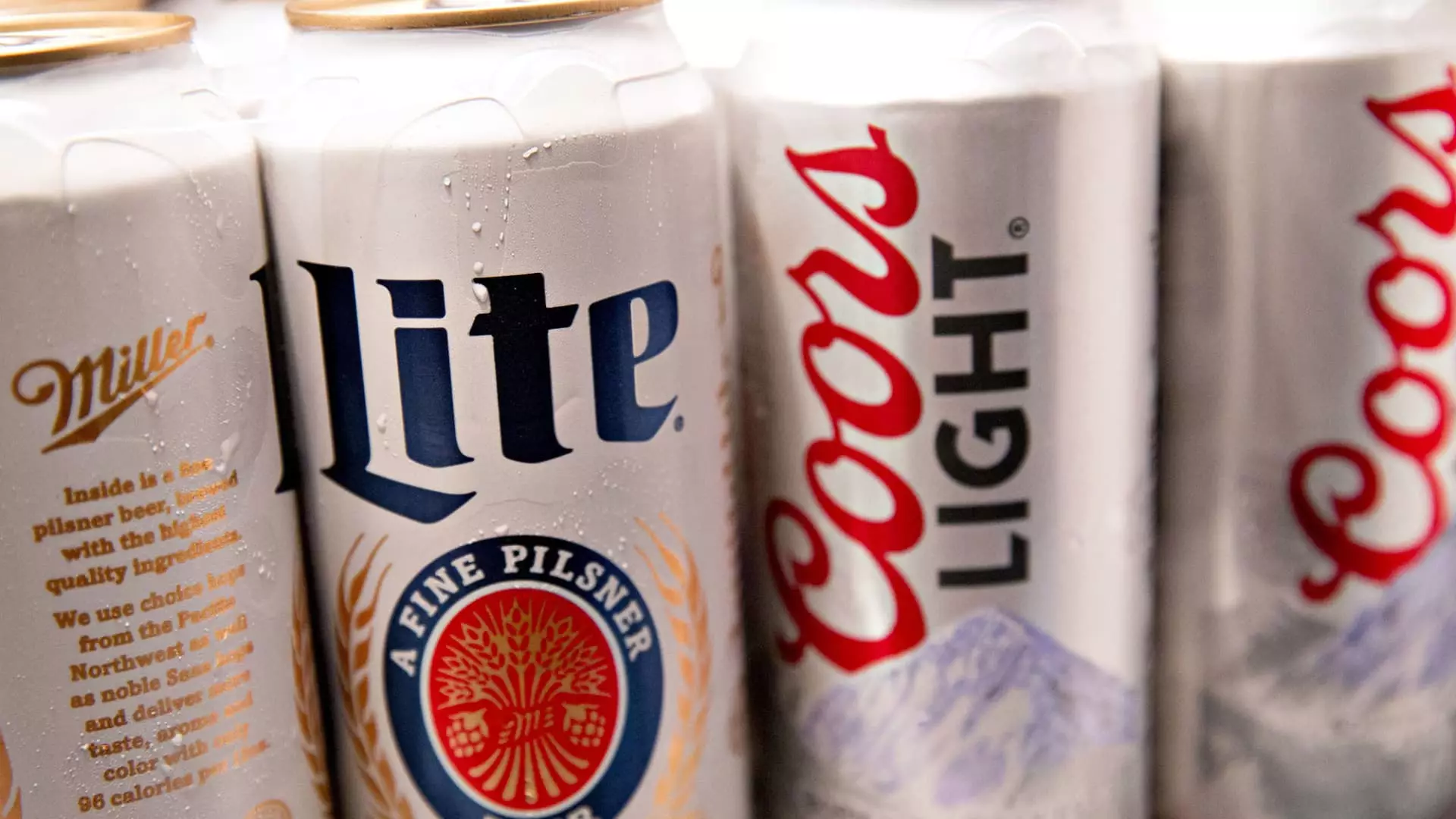Every Fourth of July, Americans celebrate independence with barbecues, fireworks, and communal cheer. Yet, beneath the festive veneer lies a harsh economic reality—that rising tariffs threaten to diminish the very freedoms and traditions we hold dear. Recent reports reveal that essential cookout staples have become significantly more expensive, not because of natural inflation, but due to government-imposed tariffs that distort markets and inflate prices. This phenomenon exposes a troubling contradiction: policies aimed at protecting industries are, in truth, often undermining the economic well-being of everyday citizens. It’s a stark reminder that economic patriotism should not come at the expense of affordability and accessibility.
The Cost of “Protection”: Who Truly Pays?
The data shows a troubling 12.7% annualized increase in costs for common cookout items since the Trump administration’s tariff policy took effect. Beer prices, an iconic feature of American summer gatherings, have surged. A six-pack of domestic Bud Light or Coors Light now costs more than it did just a few months ago. Likewise, imported beers like Modelo and Peroni see steep price hikes, driven by elevated tariffs on aluminum cans and imported beverages. These are not isolated price variations—they represent a systemic shift where consumers shoulder the burden of geopolitical battles. When politicians boast about protecting industries, it’s worth questioning whether they are inadvertently punishing the very people they claim to serve.
The Broader Impact on Traditions and Daily Life
Beyond beverages, the effects ripple across an array of outdoor essentials. Chairs, grills, and cooking accessories, once relatively affordable, have seen remarkable price increases—some approaching 50%. Amazon’s listings reveal that a popular foldable camping chair now costs nearly half more than earlier this year. Even basic items like disposable plates and utensils have become noticeably more expensive. This inflation erodes the affordability of shared celebrations, transforming what once were simple, accessible moments into costly indulgences. The increased expense diminishes the communal spirit that defines the holiday and pits economic realities against cultural traditions.
Questioning the Value of Tariffs in a Modern Society
In a broader sense, these rising costs highlight the flawed premise of tariffs as a policy tool. While they aim to protect domestic industries, they risk alienating consumers, damaging small vendors, and stifling economic growth. The judgment should be whether these gains outweigh the pain inflicted upon working and middle-class families. From a center-left perspective, it is impossible to ignore that tariffs often serve narrow business interests at the expense of public welfare. The rising prices are a painful reminder that true patriotism involves fostering a resilient economy that prioritizes the needs of its people, not the interests of a few protected industries. As Americans head into another summer of celebrations, perhaps it’s time to reflect on whether policies designed to be “patriotic” are actually dividing us economically and culturally.

